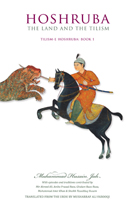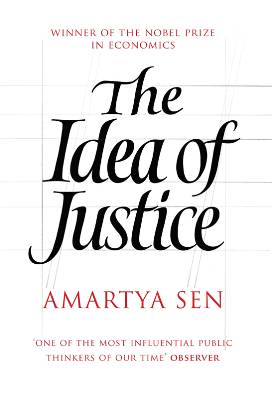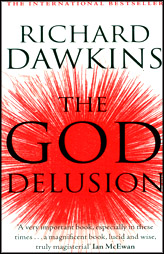The Nation as Mother and Other Visions of Nationhood ,released September 2017
History matters in contemporary debates on nationalism,' Sugata Bose
contends in The Nation as Mother. In this interconnected set of deeply
researched and powerfully argued essays and speeches Bose explores the
relationship between nation, reason and religion in Indian political thought and
practice. Offering a subtle interpretation of the ways of imagining the nation as
mother, the book illuminates different visions of India as a free and flexible
federal union that have acquired renewed salience today.
Breaking out of the false dichotomy between secular nationalism and religious
communalism, the author provides incisive analyses of the political legacies of
Tagore and Gandhi, Nehru and Bose, Aurobindo and Jinnah and a range of
other thinkers and leaders of the anti-colonial movement. The essays question
assumptions about any necessary contradiction between cosmopolitanism and
patriotism and the tendency among religious majoritarians and secularists alike
to confuse uniformity with unity. The speeches in Parliament draw on a rich
historical repertoire to offer valuable lessons in political ethics.
In arguing against the dangers of an intolerant religious majoritarianism, this
book makes a case for concepts of layered and shared sovereignty that might
enable an overarching sense of Indian nationhood to coexist with multiple
identities of the country's diverse populace. The Nation as Mother delves into
history on the occasion of the seventieth anniversary of freedom to evoke an
alternative future of a new India based on cultural intimacy among its different
communities.
contends in The Nation as Mother. In this interconnected set of deeply
researched and powerfully argued essays and speeches Bose explores the
relationship between nation, reason and religion in Indian political thought and
practice. Offering a subtle interpretation of the ways of imagining the nation as
mother, the book illuminates different visions of India as a free and flexible
federal union that have acquired renewed salience today.
Breaking out of the false dichotomy between secular nationalism and religious
communalism, the author provides incisive analyses of the political legacies of
Tagore and Gandhi, Nehru and Bose, Aurobindo and Jinnah and a range of
other thinkers and leaders of the anti-colonial movement. The essays question
assumptions about any necessary contradiction between cosmopolitanism and
patriotism and the tendency among religious majoritarians and secularists alike
to confuse uniformity with unity. The speeches in Parliament draw on a rich
historical repertoire to offer valuable lessons in political ethics.
In arguing against the dangers of an intolerant religious majoritarianism, this
book makes a case for concepts of layered and shared sovereignty that might
enable an overarching sense of Indian nationhood to coexist with multiple
identities of the country's diverse populace. The Nation as Mother delves into
history on the occasion of the seventieth anniversary of freedom to evoke an
alternative future of a new India based on cultural intimacy among its different
communities.
Top rated books in this category
































